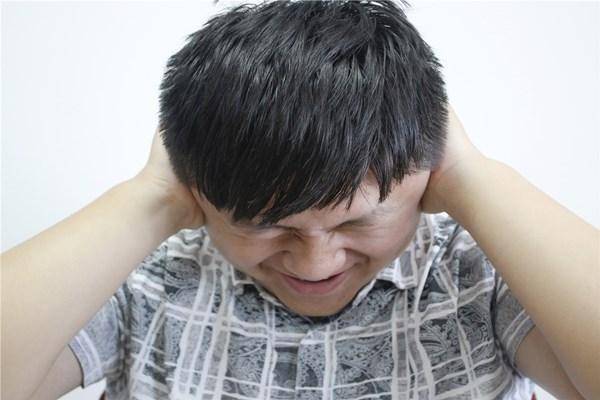It is believed that everyone has heard of menopause, with the main impression being that women reach a certain age when hormonal imbalance and decreased functionality lead to menopause, an essential process for women in midlife. During this period, women need to adjust their mental state well and accept the changes in their bodies. But have you heard of male menopause?
As men transition from middle age to senior years, typically around 40-55 years old, there are hormonal and physical changes that occur in their bodies, leading to a significant decrease in mental well-being, frequent fatigue, and extremely poor sleep quality. Doctors advise men at this age to take care of their bodies just like women do.
How can men determine if they are entering male menopause?
1. Loss of appetite, gastrointestinal discomfort:
During male menopause, men often experience gastrointestinal discomfort due to the gradual decline in digestive organ functions with age. During this period, men tend to feel bloated, have a poor appetite, and experience gastrointestinal discomfort.
2. Body deformation, weight gain:
A common change in men during menopause is the tendency to gain weight horizontally. As age increases, muscle mass decreases, muscles loosen, and due to lack of exercise and decreased digestive function, fat accumulates in the body, leading to conditions like a beer belly, double chin, and overall weight gain.
3. Night sweats, palpitations:
As men age during menopause, special attention should be paid to the cardiovascular system. At this time, blood vessels in many people become fragile, leading to cardiovascular diseases such as palpitations. Additionally, night sweats are commonly experienced during sleep, resulting in poor sleep quality, vivid dreams, insomnia, all of which have a significant impact on a man’s daily life.
4. Noticeable deterioration in mental state, bad mood, turning into a passive state:
After entering menopause, not only does digestion, cardiovascular health, and body shape change, but there is also a shift in mental attitude towards negativity. With the arrival of menopause, the decline in organ functions leads to anxiety in men, requiring emotional support, as it can precipitate mental health issues. Also, due to hormonal decline, men may experience depression, negativity, lack of motivation, and insecurity, while some men may suddenly become very talkative, irritable, and impatient during menopause.
If you or someone you know is entering menopause, how can you adjust to better navigate through it?
First, focus on mental adjustment, maintaining stable emotions, finding proper ways to release stress or unhappiness, chatting with family and friends to ease emotions. Second, adopt a balanced diet since digestive functions are declining, avoiding overeating and incorporating plenty of fresh fruits and vegetables. Lastly, ensure adequate rest and avoid excessive fatigue by allowing the body to rest, engaging in moderate physical exercise daily to boost immunity, relieve stress, and improve sleep quality.
Male menopause, like female menopause, is a natural phenomenon in the normal physiological process. It is important to address the issues of menopause correctly, providing patience, comfort, and encouragement to friends and family experiencing menopause.


